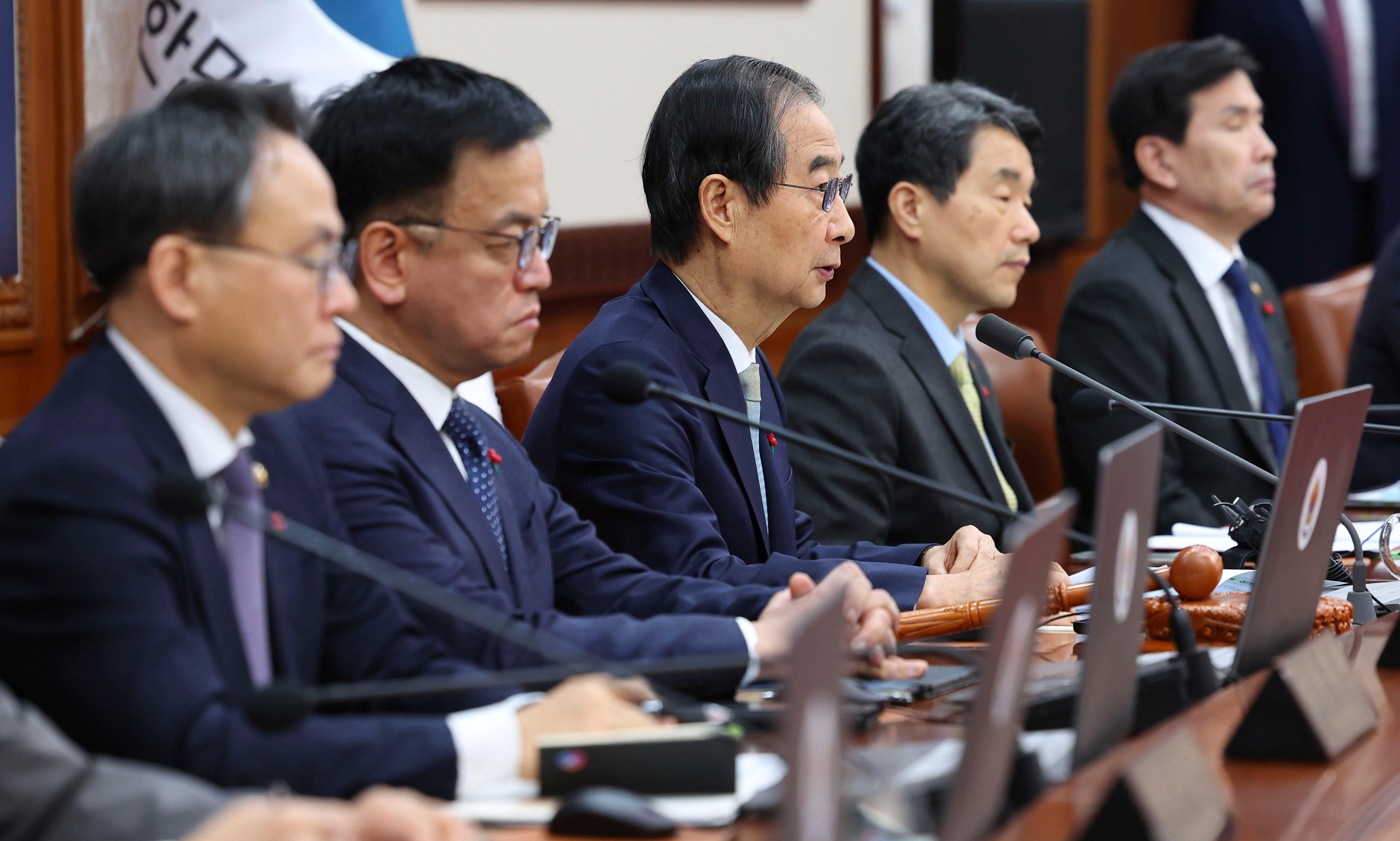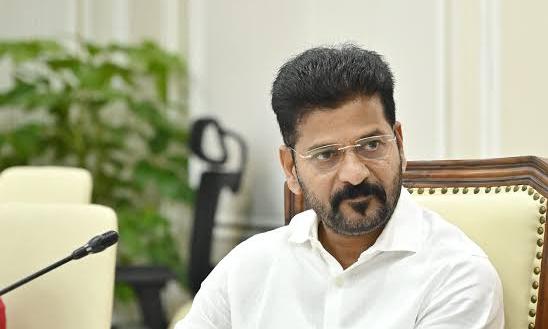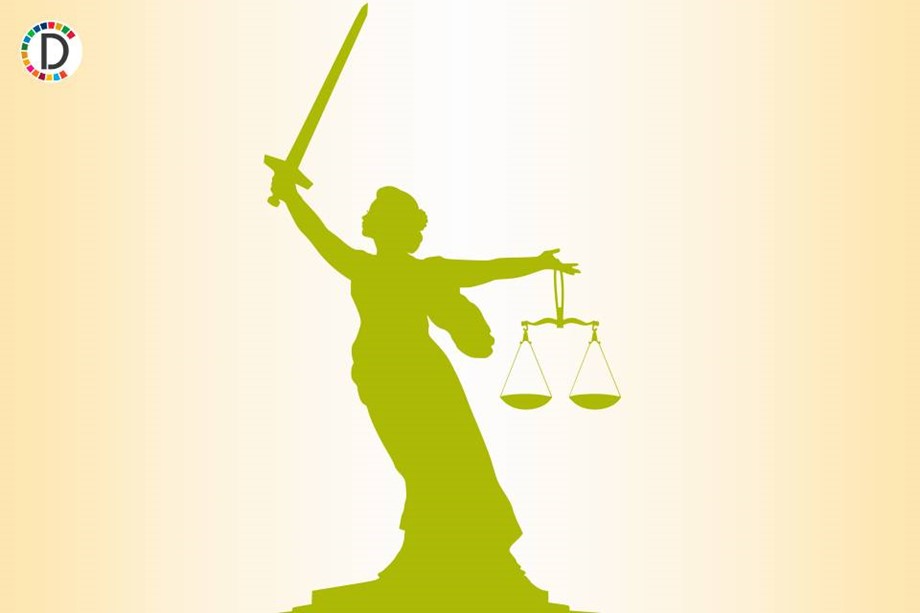Political Turmoil in South Korea: Impeachment Challenges
South Korea faces a deepening political crisis as opposition parties push for the impeachment of the acting president. This move follows the impeachment of President Yoon Suk Yeol, who declared martial law.
Published December 27, 2024 - 00:12am

Image recovered from deccanchronicle.com
South Korea finds itself mired in a deepening political crisis as the opposition parties intensify efforts to impeach the acting president, Han Duck-soo. This move emerges on the heels of President Yoon Suk Yeol's controversial decision to declare martial law, a step that has rattled the national political landscape and reverberated throughout neighboring countries.
The attempt to impeach Han, currently assuming the official duties of the president, further compounds the instability already set in motion by Yoon's previous impeachment. Han's fate now hinges on a convoluted legal and political battlefield. The Democratic Party of South Korea, wielding a majority in the parliament, is at the forefront of this impeachment drive. They argue that Han has overstepped his interim powers, most notably by not filling three vacant seats in the Constitutional Court. This court is responsible for ultimately deciding the legitimacy of Yoon's impeachment.
Adding layers to this complex situation, a vivid portrayal of political language and sentiment emerges as various sectors, including academia across South Korea, critique Yoon's administration. The phrase tyrant motley has been selected as representative of the year's political atmosphere, encapsulating the discord ignited by Yoon's precipitous actions.
Amidst the unfolding political drama, legislative tussles are reaching a crescendo. The Democratic Party's demands include appointing special prosecutors to probe allegations against Yoon, related to his martial law decree, and his wife, embroiled in corruption allegations. The opposition's impatience was evident as they laid down ultimatum after ultimatum, which Han sidestepped, asserting the need for bipartisan negotiation before proceeding.
The interplay between the political and the legal systems adds to the intrigue. If Han, the second-in-command, is impeached, the finance minister would assume presidential duties, a prospect stirring further anxiety and speculation about governance continuity and policy stability. The ruling People Power Party condemns the impeachment efforts as disruptive to the rightful exercise of authority, signaling a stark division in political rhetoric and intentions.
South Korea's political potency stands at a precipice not wholly unfamiliar to its populace. The impeachment procedure against Han symbolizes not just a legislative maneuver but a reflection of the broader societal appetite for accountability and governance transparency. In a show of international concern, regional observers vigilantly watch, given the strategic geopolitical fabric enveloping South Korea.
This unrest underscores the broader societal malaise characterized by significant political expression, not just in South Korea but reflected in global lexicons capturing polarized sentiment. From divisions depicted as polarization to other international terms like brain rot representing societal disengagement, the dynamics of discontent spur not only national but cross-border introspection.
In conclusion, South Korea's political turbulence, driven by its own actors and systems, illustrates the fragile nature of state governance amidst challenges to authority. The unfolding narrative promises to test the resilience of its political structures and the spirit of its democratic principles, with the outcome still uncertain and eagerly anticipated.







